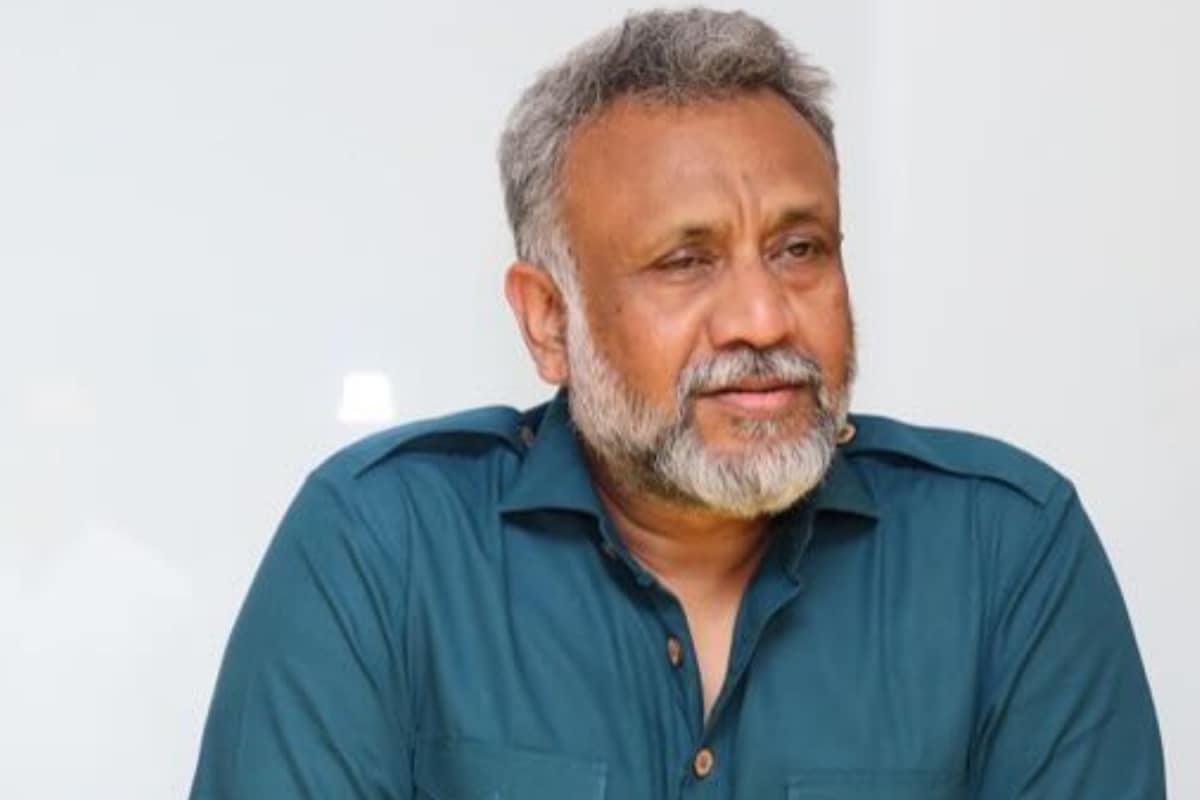

Amidst ongoing debates about the future of cinema, filmmaker Anubhav Sinha has voiced his concerns regarding the film industry's economic stability and the importance of preserving the theatrical experience. Sinha, known for directing films like 'Mulk', 'Thappad', and 'Bheed', has urged the industry to focus on building a robust theatrical ecosystem to prevent potential economic collapse.
Sinha highlighted the shrinking middle-class audience for cinema, pointing out the limited options available to them. He noted that the choice is often between expensive multiplexes and watching films on phones due to a lack of affordable cinema options. Drawing a comparison to South India, Sinha emphasized the prevalence of single-screen theaters that allow people to watch movies at lower prices, a model that is not readily available in Hindi cinema. He believes the film industry needs to fortify its infrastructure to withstand changes from OTT platforms, YouTube, and other streaming services. Sinha cautioned that over-reliance on these platforms could become problematic if they demand higher revenue shares or reduce film acquisitions in the future.
Sinha also addressed the issue of films being leaked on platforms like Telegram shortly after release, questioning why the industry isn't taking a stronger stance against it. He noted the contradiction between advanced cybersecurity measures and the inability to prevent film piracy. Furthermore, Sinha criticized the "five-star cinema" model adopted by multiplexes, which has led to the decline of single-screen theaters and negatively impacted middle-class viewers who cannot afford expensive tickets. He suggested that reviving single-screen theaters would be beneficial.
In a recent social media post, Sinha used an analogy to illustrate his point: "Imagine if good food were available only at five-star hotels. What would the poor eat?". He argues that a large segment of the population doesn't require luxury theaters; they simply want to enjoy films on the big screen. He emphasized that cinema is a carefully crafted art form meant to be experienced in theaters, where filmmakers meticulously work on sound and visuals to create an immersive experience.
Sinha clarified that he is not advocating for the end of OTT platforms but rather promoting the coexistence of various business models within the film industry. He believes that having more players in the market will foster a healthier environment. Echoing Sinha's sentiments, filmmaker Sudhir Mishra supported the idea of community viewing experiences in theaters alongside personal viewing options like OTT. He emphasized that both experiences are unique and necessary.
Earlier this year, Sinha reflected on the changing landscape of cinema, questioning why fewer people are watching films in theaters. He acknowledged the increasing avenues for entertainment and decreasing attention spans, making the decision to go to a movie theater a significant investment of time and money. Despite these challenges, Sinha underscored the importance of the collective experience of watching a film with others in a theater, comparing it to dining with family or friends at a restaurant. He argued that streaming platforms and television offer a different experience and cannot replicate the unique atmosphere of a cinema.